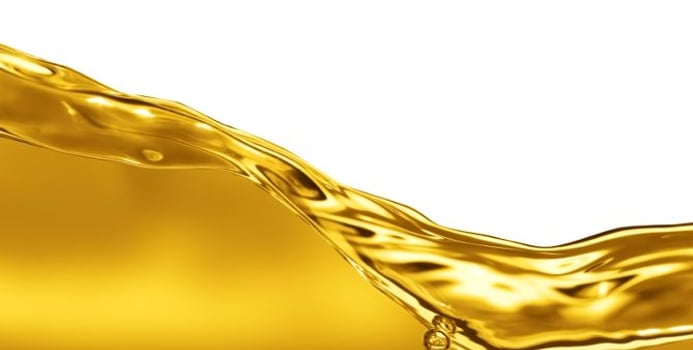Vegetable oil can play a pivotal role in virtually any diet, but it may interest you to learn that there are both good and bad variations of said oil. Read on to learn about the health benefits and detriments presented by the various types of vegetable oils.
Pure Vegetable Oils
Pure vegetable oils, olive oil chief among them, are the healthiest kinds of vegetable oils and are a prominent part of many diets. These vegetable oils are very easy to digest and do a fantastic job of preserving the vitamins and natural properties of olives. In addition, pure vegetable oils are quite effective in lowering your body's bad cholesterol levels and raising its good cholesterol levels, thus lowering your risk of heart disease, heart attack and stroke. This is largely a result of the high levels of antioxidative substances and monosaturated fatty acids found in most pure vegetable oils.
Hydrogenated Vegetable Oils
Hydrogenated vegetable oils, such as shortening and margarine, can be a huge detriment to any healthy diet. These vegetable oils are solidified as a result of being chemically altered from their natural liquid-based states. This process changes the nature of many of the fatty acids found in pure vegetable oils, effectively resulting in the formation of trans fatty acids. Trans fatty acids are neither easily digestible nor beneficial to your health and, when consumed in excess, can give way to heart disease, clogged arteries, heart attack or stroke. While hydrogenated vegetable oils typically have a longer shelf life than their pure counterparts, the plethora of health risks they stand to cause minimizes any convenience.



